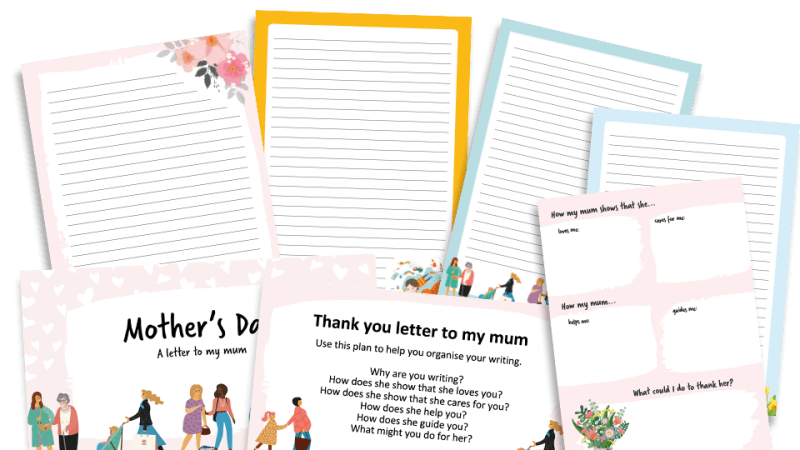Total Recall – Boost Your Pupils’ Learning By Nurturing Their Memory Skills

Jonathan Hancock explains how memory games can be used to boost pupil attainment and teach a series of valuable life skills…

Before becoming a teacher, I’d seen how effective memory games can be. I’d often used them in my training sessions with adults in the business world, observing how useful they were for engaging people with key memory techniques and providing fun and competitive ways to put them into practice.
Almost without realising it, the people I was working with were quickly enhancing their learning capacity and showing impressive surges in confidence and aspiration. They had new ways to remember, and a taste for showing off what they could do. But it was only when I started teaching primary school pupils that I saw the true power of memory games.
Natural enthusiasm
For nearly 10 years now I’ve been incorporating these games in my work, and I’m convinced that they have a very important role to play in the development of children’s thinking and learning skills, and in their education as a whole.
Children have a natural enthusiasm for memory games and challenges. They provide a chance for them to show off what they can do, and they tend to bring to these activities a sense of playfulness that is, in itself, a great driver for learning. You don’t need to revise for memory games, you don’t need any particular qualifications or specific experience – but you can train to get better at them.
I always love it when children surprise themselves, and then keep doing the things that work. They usually don’t need much prompting to use some active tactics and tricks to boost their recall, so you can see even young children exploring their own learning, challenging themselves to go further and to achieve more.
A simple game like Pelmanism, or ‘pairs’ (see here for an online example used to teach EFL) gets children thinking about using visual and spatial clues to help them remember the location of pairs of cards. They also realise the importance of concentrating, paying attention and focusing on key details within the information on the table in front of them. After a few rounds – especially when playing in teams – they’ll often start talking about the strategies they’re using to improve their chances of winning.
‘Kim’s Game’ is the one where you lay out a set of items on a tray, let children look at them for a while, then secretly take one away and task the children with pointing out which one’s missing. Again, you’ll find that children talk easily about how they recalled it, or if they didn’t, why they found something tricky to remember. Often they’ll naturally come up with methods to make remembering easier, like spotting ways to pair up familiar items or linking several things into a ‘story’ in their mind.
When I see children play ‘Granny Went To Market’ – in which they compete with each other to remember all the items on an ever-growing shopping list – they often tell that me they’re connecting the items in some way, sometimes to the players who chose them, or again via an imaginative or memorable story.
Games such as these bring out natural memory techniques that draw on use of imagery, making imaginative links and telling stories, and they also provide a wonderful opportunity to teach said strategies. I love showing children that they can use their imaginations to give information more ‘memorability’. They can come up up creative reasons as to why certain cards might be in certain positions on the table. They can visualise objects joined together in memorable way, so that they’ll notice when one of them is missing from the tray.
And they can quickly learn how to tell themselves strange, funny, energetic and powerfully memorable stories about the list of random words from Granny’s shopping trip!
Applied skills
Memory games enable children to learn in lively, fun, inquisitive and very active ways – and see that these are all vital aspects of any kind of learning. As children pick up strategies that work for them, they’ll often take on memory challenges just for the thrill of stretching their learning and impressing others.
As soon as they’re shown how to turn a word list into a memorable story, for example, they can usually get on with it themselves and later reel off 10, 20, 50 words or more from memory. Ask the really confident ones to do it backwards, and they’ll relish the extra level of challenge – and often do it brilliantly.
The next step, which is a hugely valuable one for teachers, is to then stop using random images, items, words and numbers, and start playing the same games with very real and specific information; namely the central ideas and facts from a variety of subject areas.
The paired cards you used to play Pelmanism could be substituted with dates and corresponding events, foreign words and English translations, science terms and definitions or paintings and their painters. See how much the children are able to naturally remember at the end of the game.
For the items in a round of Kim’s Game, you might use pictures of presidents, ingredients in a recipe, equipment for an experiment or just cards printed with any words that you want children to be processing actively and creatively – while at the same time committing them to memory in an organised and highly effective way.
And when you next get round to playing ‘Granny Went To Market’, give the children a list of carefully chosen words – such as key ideas for essays, instruction prompts or checklists – and see how easily they can subsequently recall them in exactly the right order.
Throughout my career I’ve seen first-hand the extent to which memory games can interest children in learning and inspire them to be creative, while also teaching them vital learning skills and helping them to remember important curriculum material. All the while, they’re discovering how their memories work, growing in purpose and confidence and sharpening their abilities for the next time their recall is put to the test.
Jonathan Hancock is a deputy headteacher, author and former World Memory Champion. He is also the founder of the Junior Memory Championship – a national competition for Year 6 children run by The Learning Skills Foundation.
Schools that enrol will receive access to a range of memory-training resources with which to test their pupils’ memory skills against others from around the country. Those children scoring highest in a series of online tests will then be invited to the championship final, which takes place at London Zoo in the summer of 2017. For more information, visit www.juniormemorychampionship.com or follow @JuniorMemoryUK











